In this article
Are you in your 30s and trying to conceive? Many women of advanced maternal age — as it's called by medical professionals — struggle with getting pregnant after 35. But did you know there are some things you can do to increase the chance of getting pregnant? Here are some tips and resources to help ensure you have the best chance of getting pregnant after 35.
How hard is it to get pregnant at 35 and beyond?
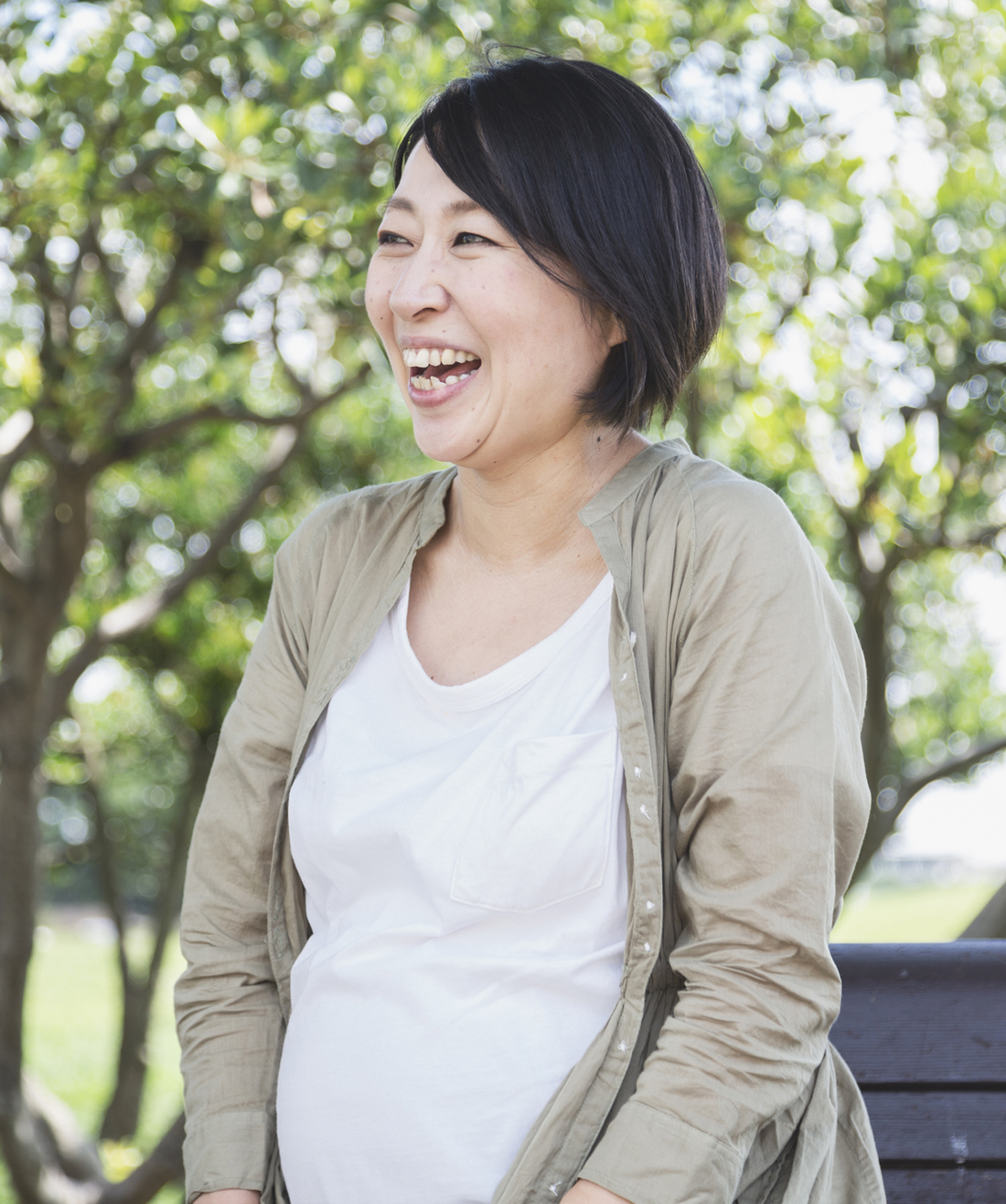
But why is it hard to get pregnant as you get older? As a woman ages, the chances of becoming pregnant decline due to poorer egg quality and sometimes even the lack of releasing an egg during her cycle.
According to the American Society for Reproductive Medicine, a healthy woman in her 30s has a 20% chance of getting pregnant each month. That number falls to 5% as she reaches her 40s.
Get a checkup to increase the chances of getting pregnant
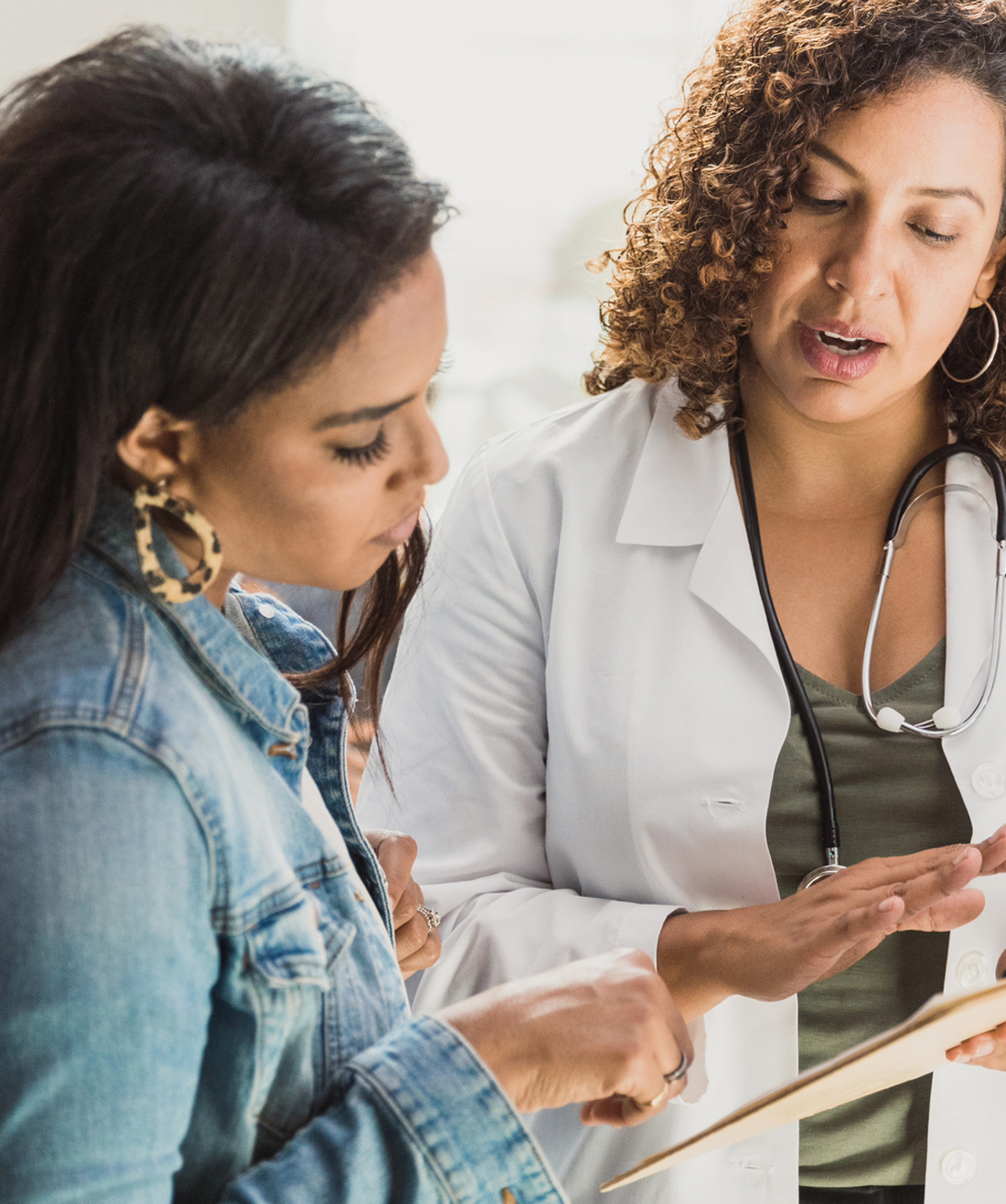
One of the best ways to increase your chances of getting pregnant after 35 is to schedule a preconception checkup. Certain underlying health conditions — including untreated diabetes and high blood pressure, and fertility-specific issues such as endometriosis, fibroids, and blocked fallopian tubes — can make it more difficult to get pregnant and also to maintain a healthy pregnancy. Addressing any hidden health issues now can make the road ahead a much smoother one.
"A preconception appointment will most likely cover everything you need to know before trying for kids, as well as anything in your family or medical history that might make conception more difficult or potentially cause any issues during pregnancy,” Dr. Jenn Conti, ob-gyn, wrote for Modern Fertility.
How to get pregnant: Tips for a better diet
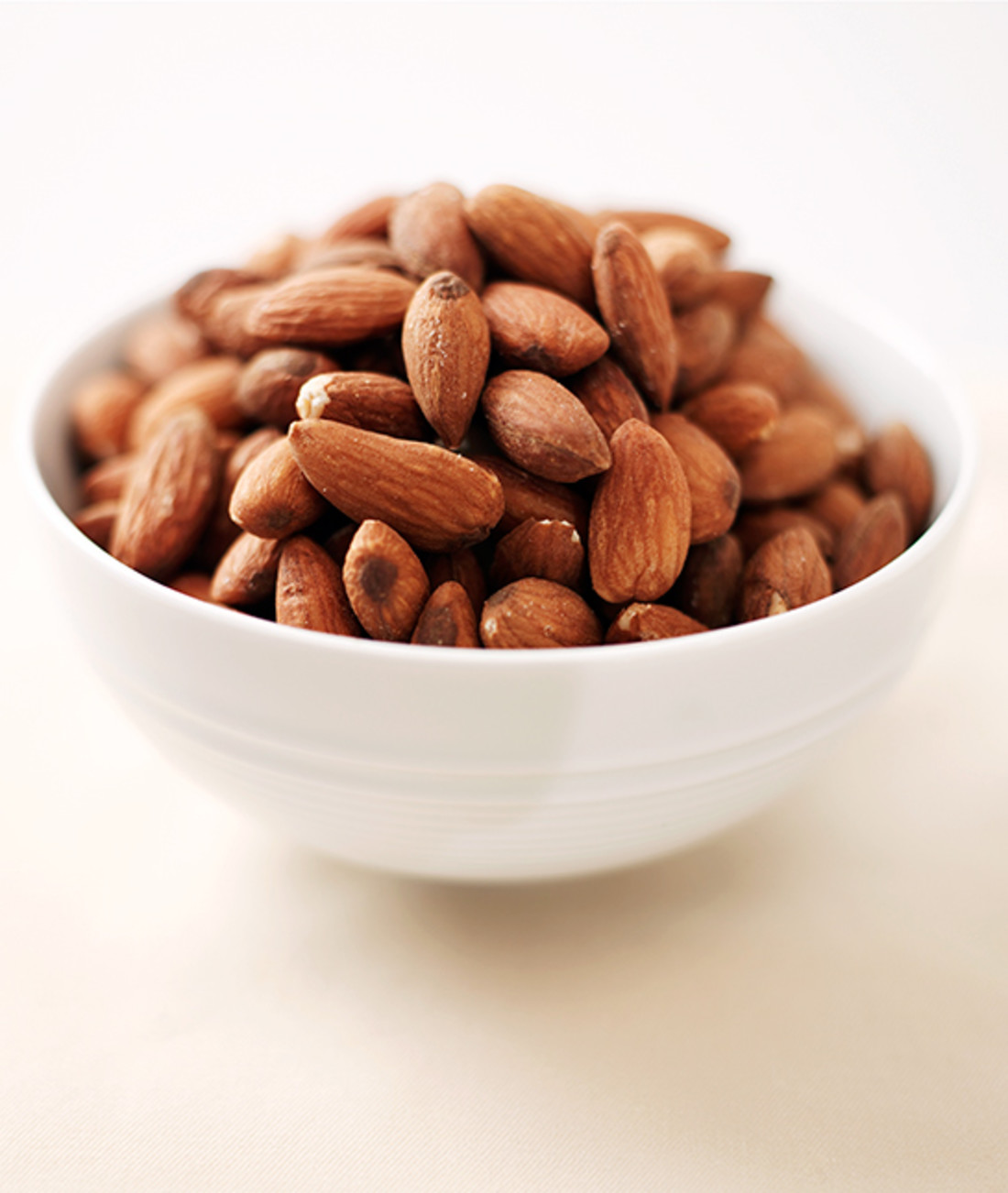
Giving your reproductive system a little extra support can be accomplished by choosing foods rich in fertility-friendly nutrients including zinc, magnesium, folate, vitamin B6, and vitamins C, E, and beta carotene.
Load up on foods high in Omega-3's, like salmon, chia seeds, flax seeds, walnuts, and soybeans. Leafy greens, broccoli, and Brussels sprouts are high in folates, which assist in the cell division necessary for getting pregnant. Figs and berries are high in antioxidants, while citrus fruits can promote healthy eggs and sperm. Full-fat foods like yogurt, almonds, and avocados will keep your blood healthy.
Almonds are also a rich source of vitamin E, an antioxidant vitamin sometimes called the "fertility vitamin" because vitamin E helps the body absorb other fat-soluble vitamins needed for reproductive hormone production. For the same reasons, vitamin E is also beneficial for his fertility. So go nuts!
Adjust your TTC mindset

So how to increase the chance of getting pregnant after 35? If you're trying to conceive it's key to tune into your cyle and ensure you're having intercourse at the optimal time within your cycle.
“You should expect to have ovulation about 14 days prior to when you expect your next period," Dr. Ann Kathiresan explained in a YouTube video. “The fertile window is the six-day period that precedes ovulation; this is the window of time where we’re aiming to have intercourse.”
But does this mean you should have sex constantly when you're ovulating? New mom Susan Lim — who became pregnant at age 34 — says no.
“You don't want your partner to be ejaculating lots and lots and lots, because when this happens that's kind of going to reduce the quality and quantity of that fertile semen," Susan Lim advised on her YouTube channel.
Make peace with the scale
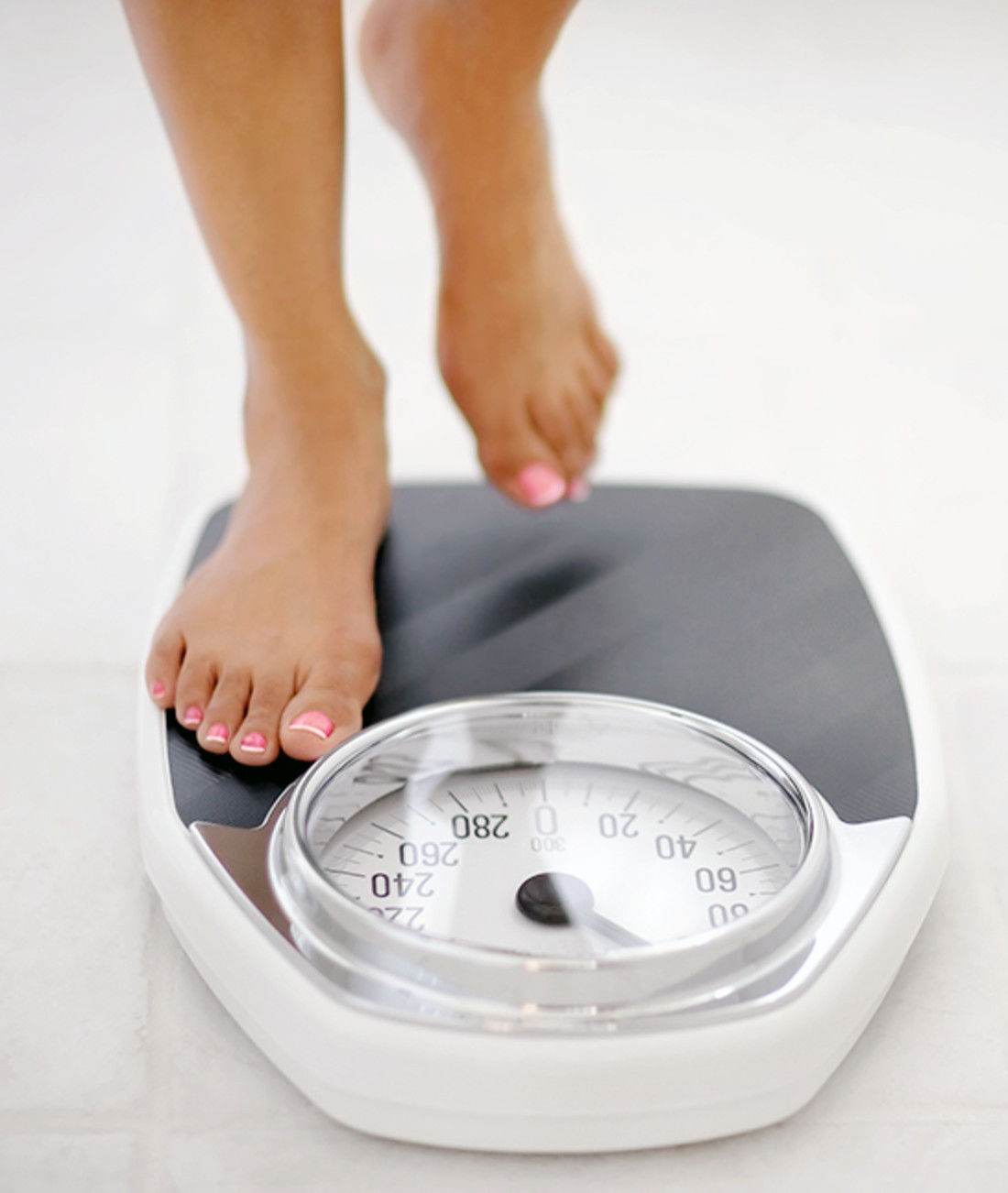
Being overweight can affect fertility because excess weight can interfere with hormone function and ovulation. Should you take the time to lose weight before trying to get pregnant? This is something to talk over with your healthcare provider. If you are only 15 or 20 pounds overweight and in your middle to late 30s or in your 40s, your doctor may recommend paying closer attention to what you eat, but otherwise not delaying conception plans.
If weight loss is recommended, studies show that losing only 5 percent to 10 percent of your overall weight may be enough to give your fertility a jump start.
Track your ovulation
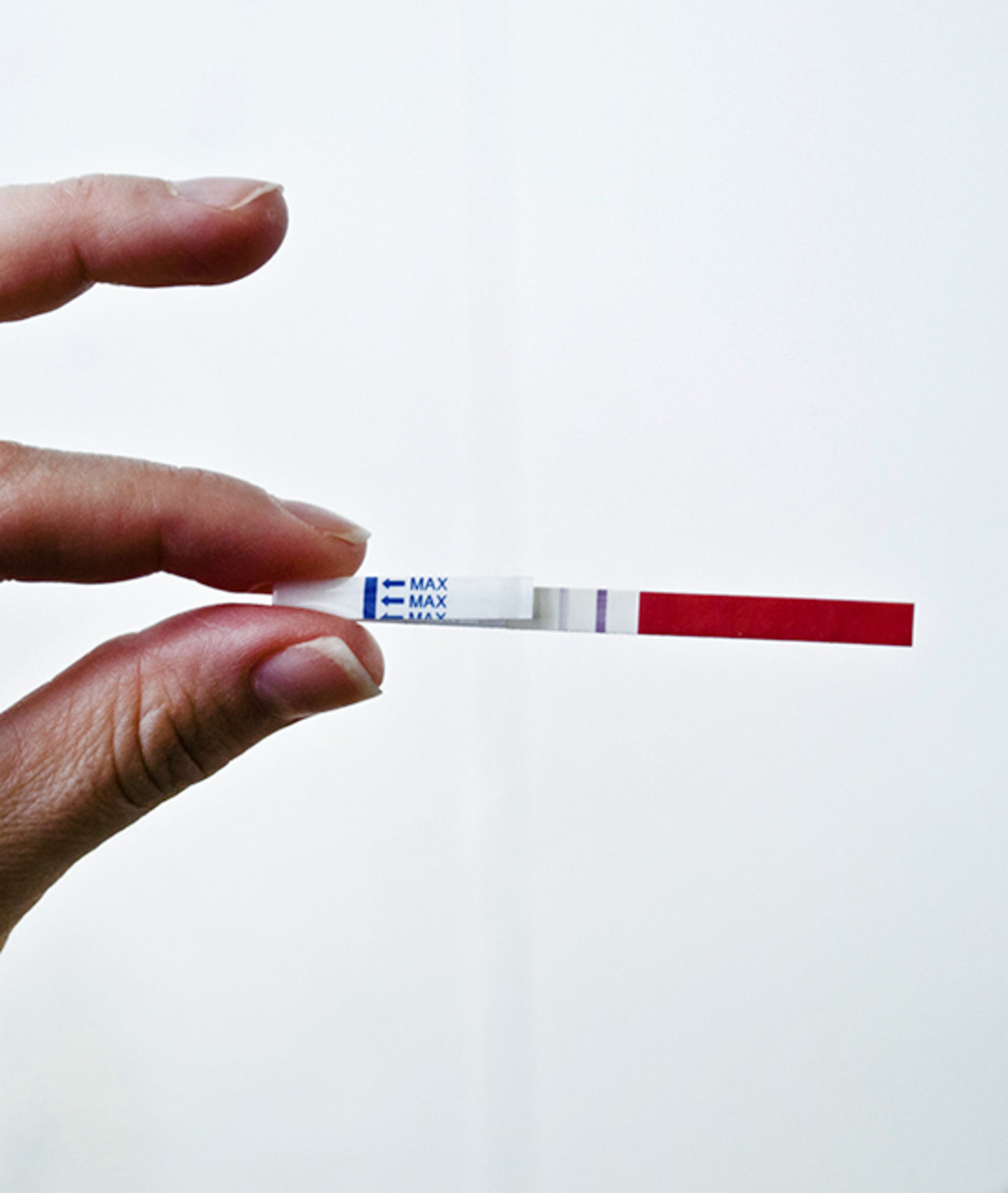
As women grow older, ovulation-related problems, including irregular ovulation, become more common. Have you checked in on the state of your ovulation lately? Tracking changes in your cervical mucus (thin and slippery mucus indicates impending ovulation), taking your basal body temperature (body temperature tends to spike right after ovulation) and using an over-the-counter ovulation prediction kit are all ways to gain more insight into your cycle.
Know when extra help is needed
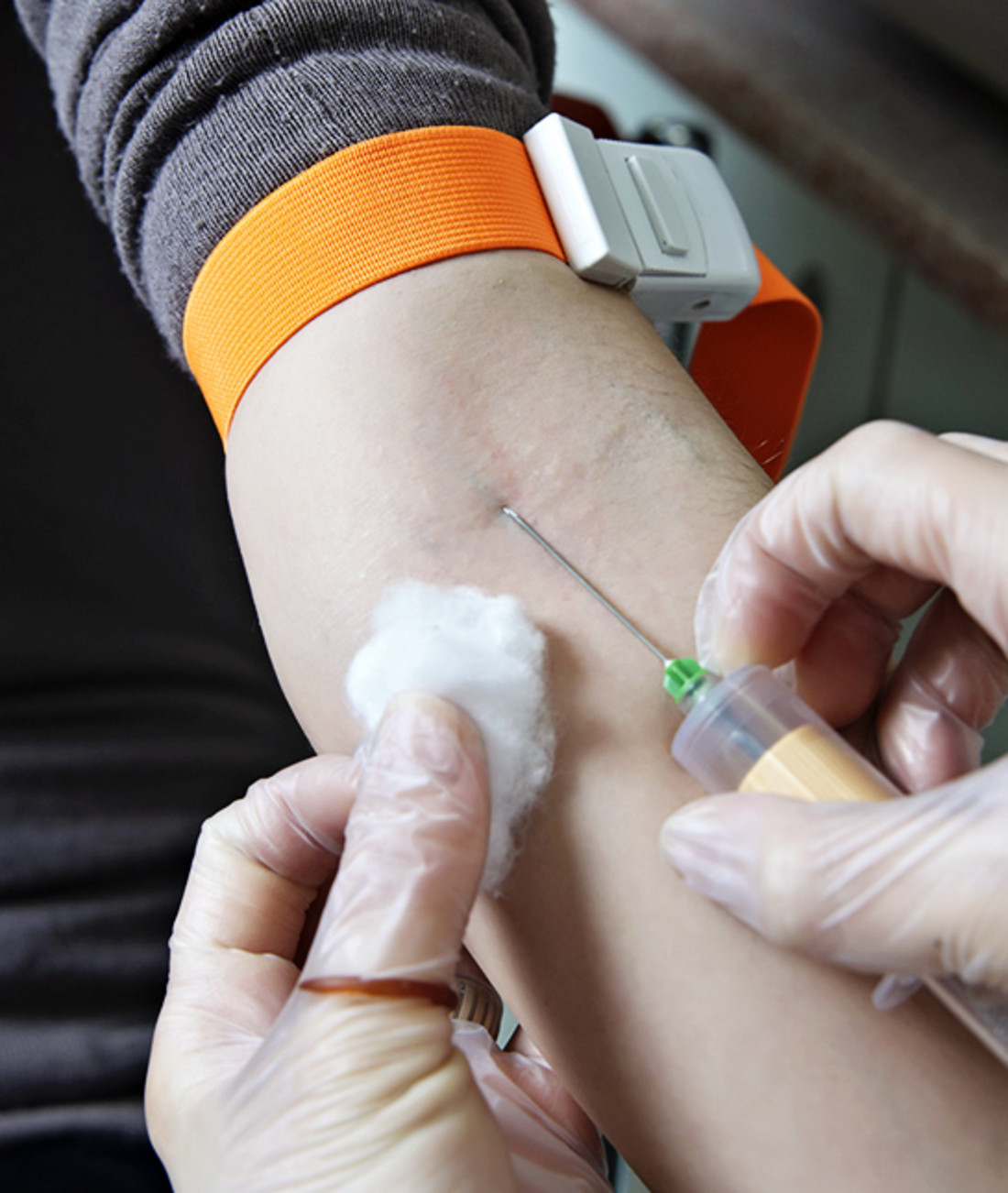
Because time can be of the essence, women over 35 are generally advised to check in with their healthcare providers about the possibility of fertility testing if they still have not conceived after six months of actively trying (younger women are usually told to keep trying for one year before seeking fertility assistance.) Your doctor may order hormone tests to shed more light on your ovulation cycles, or refer you to a fertility specialist for further care.
Don't forget to exercise
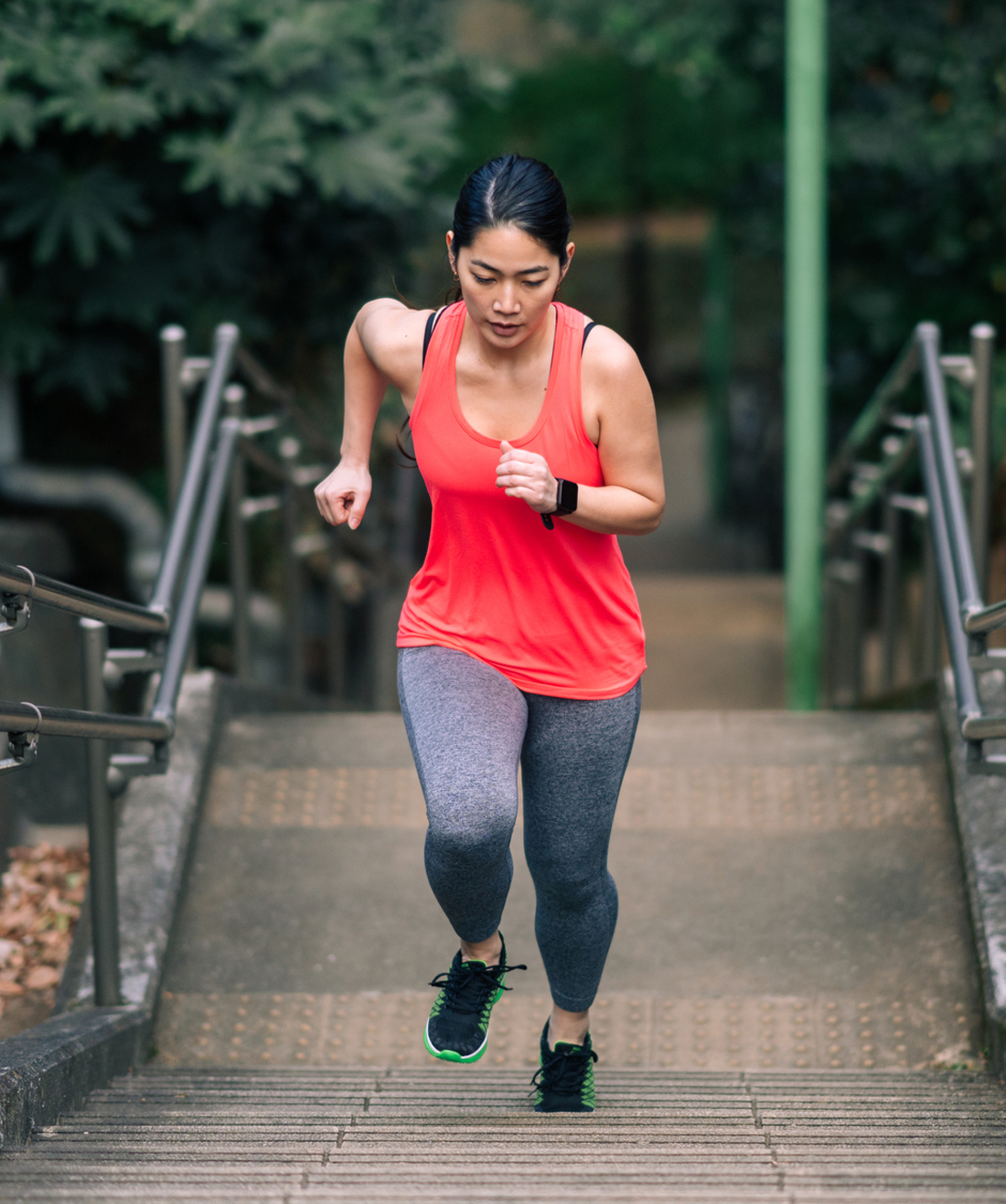
Moderate physical activity — from taking a brisk 30-minute walk around the neighborhood to yoga and sports like swimming and biking — oxygenates and increases blood flow to all parts of the body, including reproductive organs.
If it’s been a few years since you’ve worked out, start off with a 10-minute walk and gradually build up to a daily 30-minute brisk walk. If you have problems with arthritis or knee injuries, try opting for swimming or water aerobics to ease pressure on your joints.
How to get pregnant after 35: Tips for him
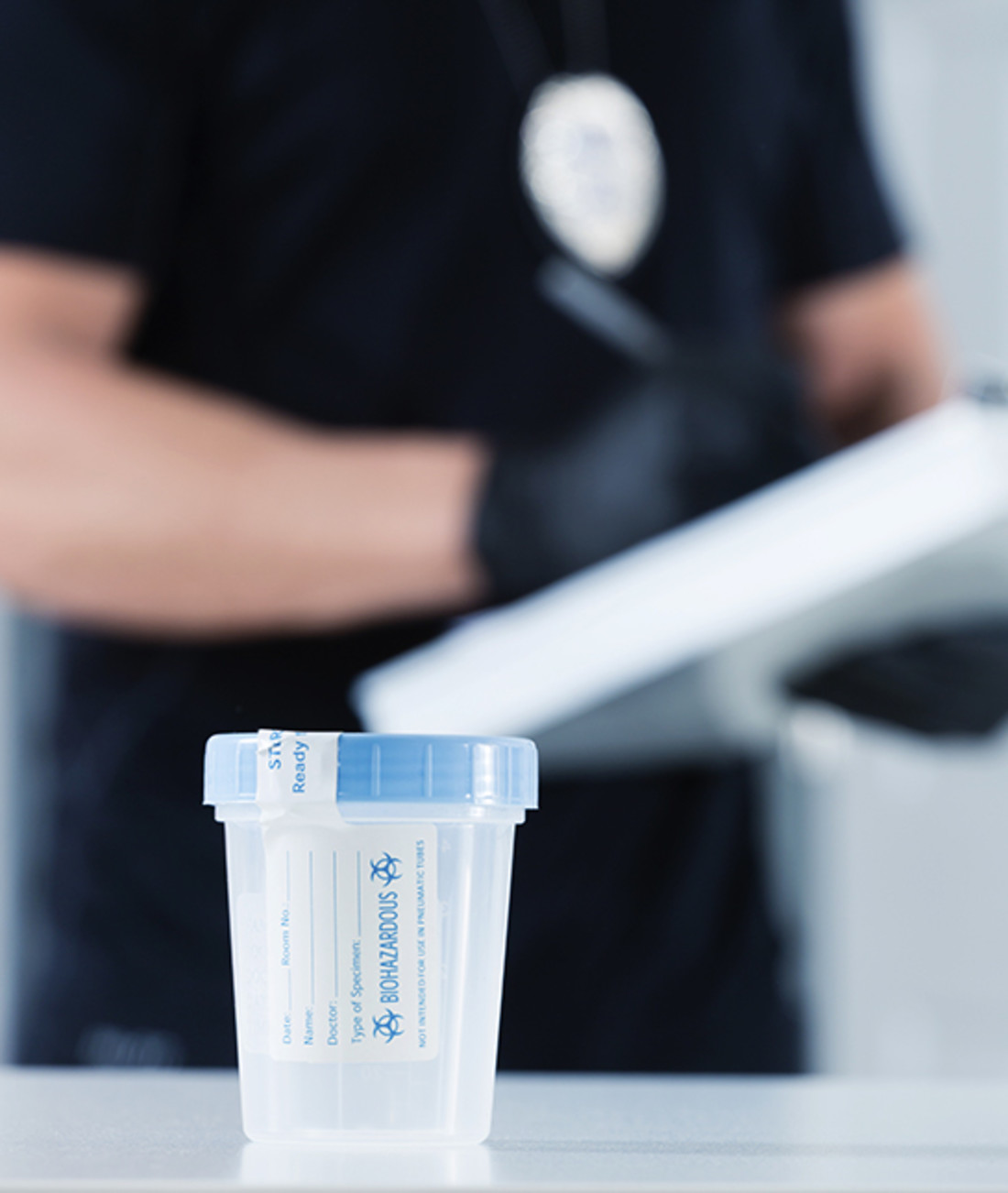
Age-related fertility issues tend to be talked about as something that only affect women, but the truth is, age also matters to a man’s fertility: As studies have found, male fertility may drop by as much as 7 percent per year after age 40. What does this mean for your efforts to get pregnant?
Overall, dietary changes can be a big help. Be sure you're both eating enough of the right things; nutrient dense foods with an increase in healthy fats and folates. It's advised that men should also forgo the breifs for boxers, quit smoking, maintain a healthy weight and address any health concerns they may be experiencing.
If you are having trouble conceiving, your partner should have his fertility checked at the same time you do.
Give natural fertility boosters a try
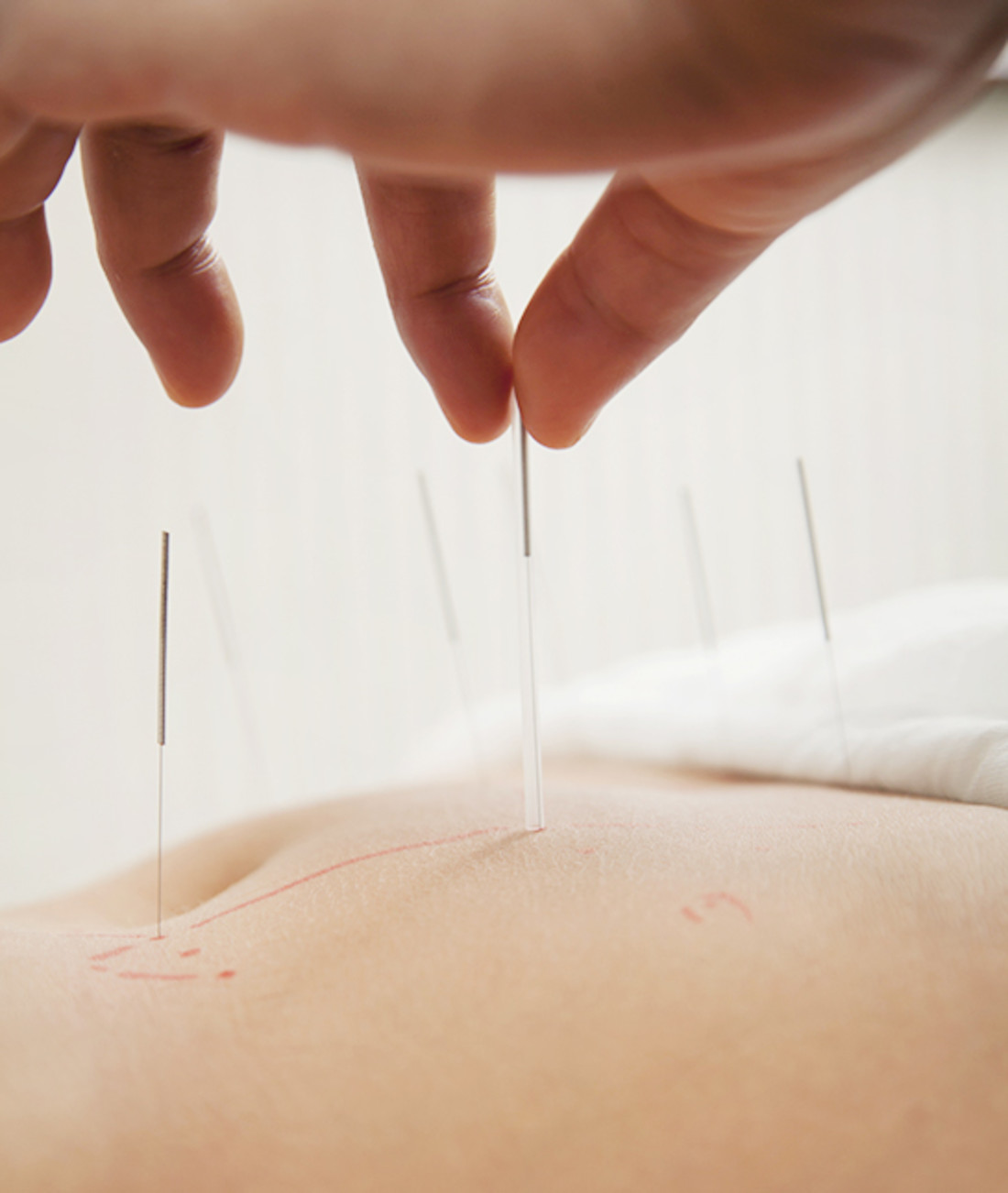
Do alternative practices like acupuncture, chiropractic care, herbs and other alternative therapies really work to improve fertility? There are plenty of firsthand accounts from older moms who swear that all it took was one visit to the acupuncturist or chiropractor and — boom! — they got pregnant.
However, there is limited scientific evidence that these alternative fertility boosters can be effective.
Note: It’s important to check with your doctor before taking any herbs or supplements, as even "natural" therapies can be harmful.
Give fertility-busting vices the boot
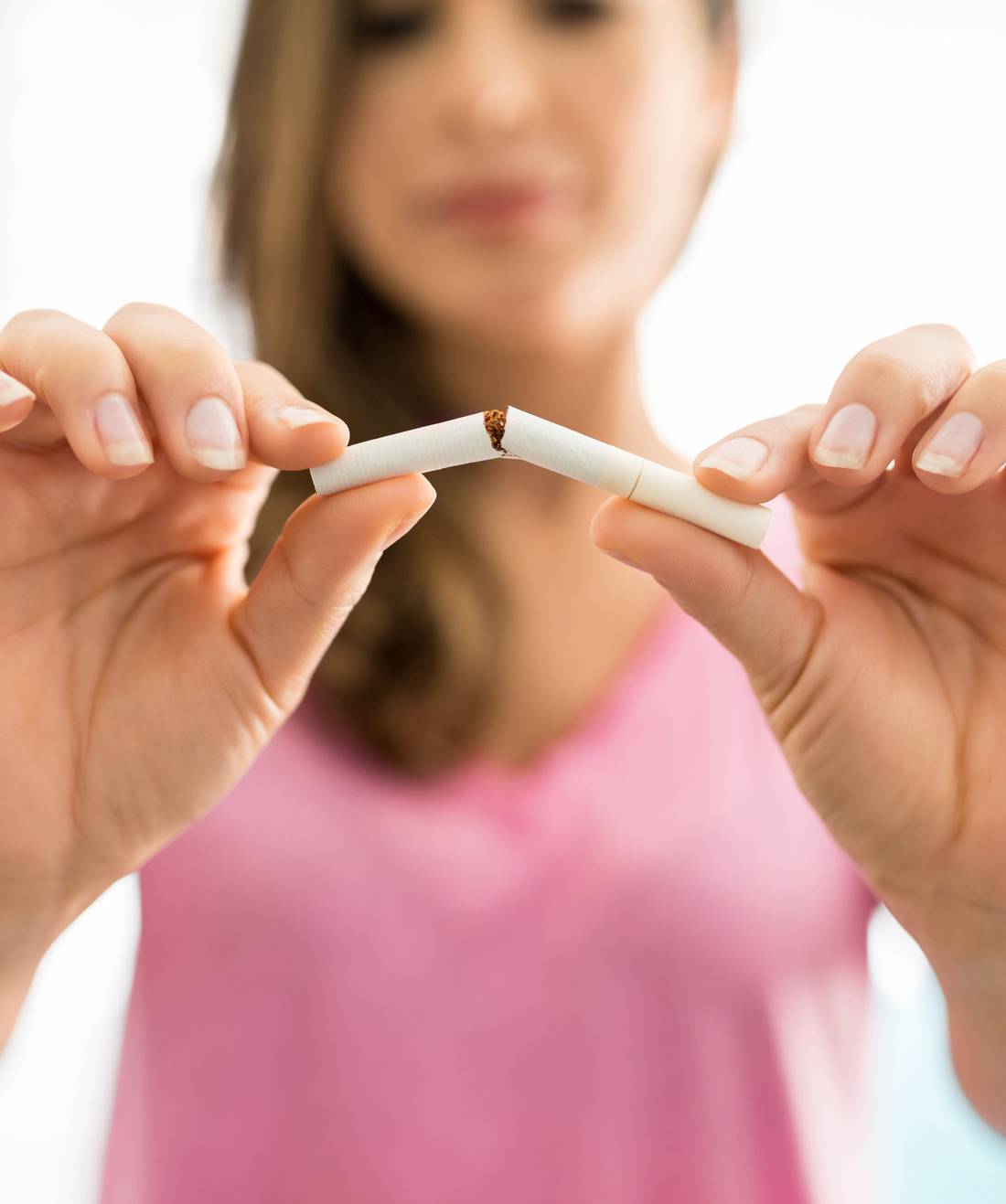
Smoking, drinking too much caffeine, and excessive alcohol consumption have all been shown to decrease female fertility. When you’re older, age is already a factor in how fast and easy it will be to get pregnant, so don’t give yourself any more hurdles to jump.
Of course, quitting smoking and cutting down on caffeine and alcohol consumption are not the easiest things in the world to do. But in the end, if it brings you closer to your goal of getting pregnant and having a baby, isn’t the extra effort worth it?





